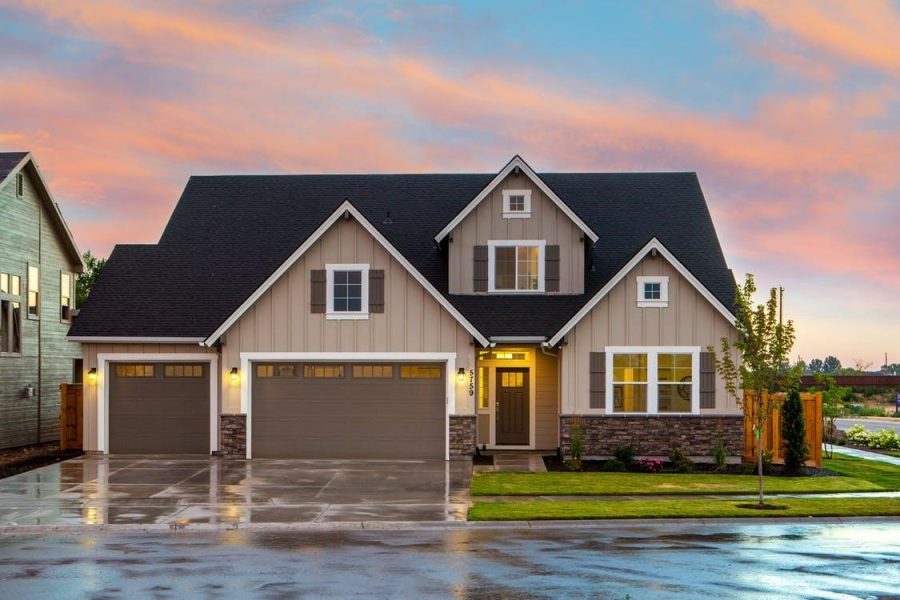A buyer’s guide to buying a home in 2023
Post by : Amy Sinden on 04.09.2023
Whether you’re a first-time buyer or a seasoned property owner, there are several things you need to consider to ensure you find the right property at the right price. To help you navigate the property market and make a smart investment, we will discuss 4 key factors you should look for when buying a house in 2023.
Location
- Proximity to amenities: Let’s say you are looking to buy a house in Bracknell. You must consider the distance from the house to essential amenities such as schools, hospitals, shops, supermarkets, parks, public transportation, and other facilities. The closer you are to these amenities, the more convenient your daily life will be.
- Safety: Check the neighbourhood’s safety by researching crime rates, checking local police reports, and looking for signs of security measures such as CCTV cameras or security personnel.
- Quality of local infrastructure: Consider the quality of roads, public transportation, and other essential infrastructure in the area, such as broadband internet access, electricity, water, and gas supply.
- Access to green spaces: Look for properties close to parks, nature reserves, and other green spaces that provide a respite from the urban environment and offer opportunities for outdoor activities.
- Local schools: If you have children or plan to have them in the future, consider the quality of the local schools, including their Ofsted rating and academic results.
- Local community: Consider the sense of community and social life in the area, such as local events, clubs, and organisations, as this can contribute to your overall well-being and satisfaction with the location.
Budget
- Deposit: Most mortgage lenders require a deposit of at least 5% of the property’s value, although a larger deposit may result in a lower interest rate. Make sure you have enough savings to cover the deposit.
- Mortgage payments: Consider the size of the mortgage payments you can afford based on your income and expenses, as well as current interest rates.
- Additional costs: In addition to the mortgage, there are other costs associated with buying a property, such as stamp duty, legal fees, survey fees, and moving costs. Be sure to include these costs in your budget.
- Monthly bills: Consider the monthly bills associated with the property, such as council tax, utilities, and insurance.
- Future expenses: Consider any future expenses, such as repairs or renovations to the property, and factor these into your budget.
- Homeowner association fees: If you are buying a property in a development or community with a homeowner association, consider the associated fees.
- Opportunity costs: Consider the opportunity cost of tying up your money in a property and how it may affect your ability to invest in other areas or take advantage of other opportunities.
Mortgage
- Interest rates: Interest rates can significantly impact mortgage costs over time. Consider whether you want a fixed or variable-rate mortgage and compare rates from different lenders.
- Term length: The term length of your mortgage will affect your monthly payments and the overall cost of your loan. Consider whether a shorter or longer term is better for your financial situation.
- Deposit size: Most lenders require a deposit of at least 5% of the property’s value, although a larger deposit may result in a lower interest rate. Consider how much you can afford to deposit.
- Early repayment fees: Some lenders may charge a fee if you want to pay off your mortgage sooner or make extra payments. Consider whether you want to pay off your mortgage early and look for lenders with flexible repayment options.
- Fees: There are various fees or charges associated with mortgages, such as arrangement fees, valuation fees, and legal fees. Make sure to factor these into your mortgage options comparison.
Legal Matters
- Conveyancing solicitor: You will need a conveyancing solicitor to handle the legal work of buying a property. Look for a solicitor experienced in property law with a good reputation.
- Your solicitor will review the property’s title deeds to ensure no issues could affect your ownership of the property, such as boundary disputes or outstanding debts.
- Completion: Your solicitor will look after stamp duty, the transfer of funds and the completion of the sale, ensuring everything is in order before the transaction is completed.
- Insurance: Your solicitor will advise you on the types of insurance you may need, such as building insurance, and can help you arrange this if necessary.
Buying a house is one of the most significant investments you’ll ever make, and it’s essential to get it right. By taking the time to research and carefully consider each of these factors, you’ll be better equipped to find the right property.
Share It on :





